Beloved (0 of 4)
Black Books, lost loves and a pig in Punjab
Dear classics reader,
In this week’s newsletter you will find:
The launch of our read-along of Beloved by Toni Morrison;
Alain-Fournier’s birthday fête;
A selection of new classics, all published yesterday; and
The report of our in-person discussion of The Trial.
This newsletter may be too long for your email inbox. If so, please click ‘View entire message’ at the bottom – or visit Substack.
Beloved (0 of 4)
‘124 was spiteful. Full of a baby’s venom. The women in the house knew it and so did the children.’
Today we start reading Toni Morrison’s masterpiece, Beloved. It is the perfect book to read in the run-up to Halloween – and also to mark Black History Month in the UK. All the details of our read-along can be found here.
In the foreword to Beloved (which – beware – contains spoilers), Toni Morrison describes how she was inspired to write the novel by the historical figure of Margaret Garner, a slave who escaped from Kentucky to Ohio in 1856.
In 1974, Morrison had edited and introduced The Black Book, a visual history of the African American experience in the USA. She writes:
A newspaper clipping in the The Black Book summarized the story of Margaret Garner, a young mother who . . . became a cause célèbre in the fight against Fugitive Slave laws, which mandated the return of escapees to their owners. Her sanity and lack of repentance caught the attention of Abolitionists as well as newspapers. She was certainly single-minded and, judging by her comments, she had the intellect, the ferocity, and the willingness to risk everything for what was to her the necessity of freedom.
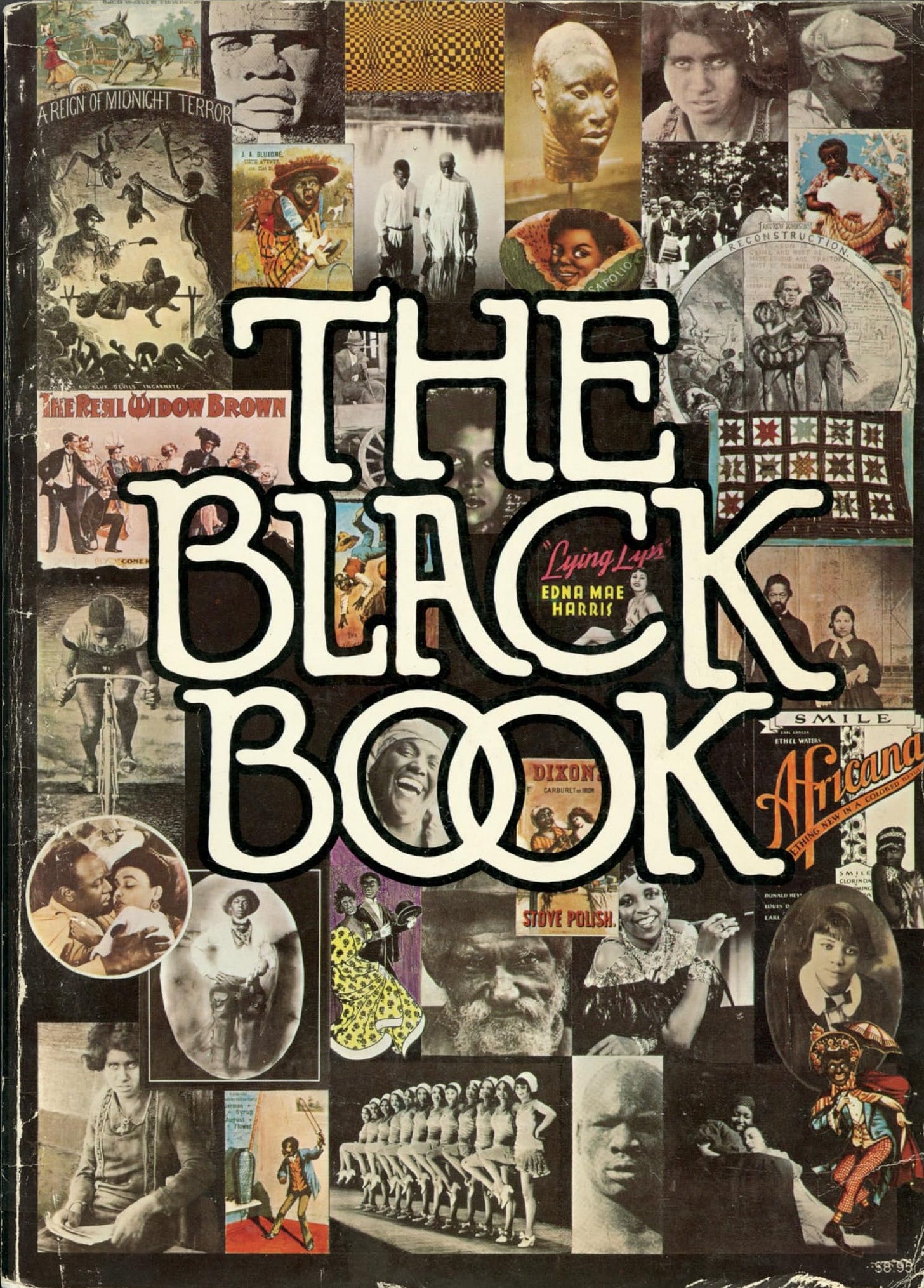
Morrison goes on:
The historical Margaret Garner is fascinating, but, to a novelist, confining. Too little imaginative space there for my purposes. So I would invent her thoughts, plumb them for a subtext that was historically true in essence, but not strictly factual in order to relate her history to contemporary issues about freedom, responsibility, and women’s ‘place.’ The heroine would represent the unapologetic acceptance of shame and terror . . . claim her own freedom.
The terrain, slavery, was formidable and pathless. To invite readers (and myself) into the repellant landscape (hidden, but not completely; deliberately buried, but not forgotten) was to pitch a tent in a cemetery inhabited by highly vocal ghosts.
She describes sitting on her porch, rocking in a swing, thinking about these issues and themes as she looked out over the Hudson River.
And then, as she looked at the path through the lawn and the ironwood gazebo under a cluster of trees . . .
She walked out of the water, climbed the rocks, and leaned against the gazebo. Nice hat.
So she was there from the beginning, and except for me, everybody (the characters) knew it – a sentence that later became ‘The women in the house knew it.’
And if you don’t already know who she is, you’ll need to join our read-along of Beloved!
I look forward to discussing the first half of Part 1, Chapters 1-8 – up to the line ‘That’s pretty. Denver. Real pretty.’ (p. 100 in my edition) – next Friday 10th October.
Here are links to our previous Beloved posts:
The Schedule (12 September)
Toni Morrison (26 September)
Finally a reminder that these weekly read-along discussions of Beloved will be available to paid subscribers only. More details here.
But if you, or anyone you know, would like to join this monthly read-along and can’t afford a paid subscription, please let me know and I’ll gift you a complimentary subscription.
Happy Birthday Alain-Fournier
Today, 3 October, would have been Alain-Fournier’s 139th birthday.
Henri-Alban Fournier was born in La Chapelle-d’Angillon, in central France, the son of a country schoolmaster.
In 1905, while at school in Paris, Fournier met the beautiful Yvonne de Quiévrecourt for a few moments on the banks of the River Seine. He dreamt of her for years and immortalized her as Yvonne de Galais in his only novel, Le Grand Meaulnes (1913), sometimes translated as The Lost Estate or The Lost Domain.
They met once again, after the novel was published, by which time Yvonne was married with two children. Fournier was killed in action on the River Meuse in September 1914 at the age of twenty-seven.
The Lost Domain by Alain-Fournier (1913)
One of France’s best-loved and most read novels of all time, The Lost Domain is a tale of growing up, friendship, love, and loss, threaded through with traits of romance, fantasy, and make-believe. François Seurel, the son of a schoolteacher, recounts events of his adolescence that revolve around his friend Augustin Meaulnes, a bold dreamer who stumbles into an elaborate fête at a mysterious ‘lost domain’, falls in love, yet seems destined never again to find the bewitching location nor his beloved. Much of the narrative circles round the question of whether the past can ever be revived. The simple pleasures and sensory delights of rural childhood, the exhilarations and disappointments of youthful discoveries, and the poignant confrontation of dream and reality are combined in prose that modulates between face-paced and poetic.
[UK / US] Oxford World’s Classics | 256 pages | translated by Frank Davison | introduced by Adam Watt
What’s new this week?
Yesterday saw the publication of several works in translation, featuring Icelandic sheep, Punjabi pigs and Imperial Japanese intrigue.
Yesterday also saw the addition of four more Elmore Leonard titles to the green Penguin Crime Classics series: 52 Pickup, Cat Chaser, City Primeval and Picket Line and Other Stories. There are now ten Elmore Leonards in that beautifully designed series.
Advent by Gunnar Gunnarsson (1937)
With his dog and his ram by his side, traversing wild snowstorms and crystalline nights, fuelled by endless cups of hot coffee, Benedikt dedicates himself to helping other living beings in need. It is midwinter in the harshest of landscapes, but this is a place of deep belonging and peace – brutal and remorseless yet irresistible and indispensable. It is also a time of peace, filled with the anticipation of that special time of year – the days before Christmas: Advent. This enchanting Icelandic classic of one man’s selfless quest at Christmas time has been newly translated into English for the first time in 90 years.
[UK] Vintage Classics | 112 pages | translated by Philip Roughton
The Women’s Courtyard by Khadija Mastur (1962)
Set in the turbulent decade of the 1940s, The Women’s Courtyard provides an inverted perspective on the Partition. Mastur’s novel gives expression to the preoccupations of the women in the courtyard, fighting different battles with loud voices. The novel follows a Muslim girl, Aliya, and her family, about and around the climax of the Independence struggle. While the national struggle rages on the street, Aliya, Aunty and the residents of the courtyard are tethered hopelessly to their own problems of life and death. The Women’s Courtyard is an experience in suffocation. Within the strict religious and social framework of a rigid Muslim family, there is a purdah between Aliya and the rest of the world.
[UK / US] Penguin Classics | 320 pages | translated by Daisy Rockwell | foreword by Kamila Shamsie
A Tale Unasked by Lady Nijō (1304-7)
Japanese noblewoman Lady Nijō was made the Emperor’s concubine aged fourteen and then, after several illicit affairs, was expelled from the palace, becoming a nun and travelling the country in pilgrimage. A Tale Unasked is her extraordinary memoir of her eventful life, lost for centuries and discovered in the Imperial Library. Filled with startling revelations of the secret intrigues, splendour and sexual politics of courtly life, it is also a moving portrait of a woman of rich intelligence and sensitivity trying to survive in a difficult world. This new translation beautifully renders the sinuous elegance of a remarkable work of classical Japanese literature.
[UK / US] Penguin Classics | 288 pages | translated by Meredith McKinney
Tamas by Bhisham Sahni (1973)
Tamas drew immediate and universal critical acclaim for its poignant and striking retelling of Partition and its bloody aftermath. Tamas is a story about how simmering communal tensions snowball into full-fledged riots that grip villages across the subcontinent. In a city in undivided Punjab, Nathu, a tanner, is bribed to kill a pig. When the animal’s carcass is discovered on the steps of the local mosque the next morning, brewing tensions explode into riots and massacre. A seemingly well planned and executed job by the British plants seeds of mistrust and hatred among those who, until the day before, had been close friends and neighbours. Tamas is a chilling reminder of the consequences of religious intolerance and communal prejudice.
[UK / US] Penguin Classics | 240 pages | translated by Daisy Rockwell | foreword by Siddhartha Deb
Classic Stories from the Age of Decadence (1885-1919)
In the late 19th century, a group of writers across Europe challenged artistic and social convention to create stories steeped in transgression, sensuality and obsession. Their work was radical, daring and controversial, and it captured a unique feeling and exciting atmosphere. Rich with aesthetic hedonism, this anthology showcases the very best short stories from the movement.
[UK / US] Macmillan Collectors Library | 304 pages | edited by Jane Desmarais
The book descriptions above are taken from the publishers’ online blurbs.
The Trial Book Club
Finally, last night we had an excellent discussion of The Trial at the Hatchards Classics Book Club. Here is my short report:
And here are links to all our The Trial posts:
The Schedule (11 August)
Franz Kafka (25 August)
0. Kafka’s Other Trial (5 September)
1. Chapters 1-4 – and Fräulein B. (12 September)
2. Chapters 5-7 – and Titorelli (19 September)
3. Chapters 8-10 – and Before the Law (26 September)
If you would like to come to our next book club discussion, you’d be very welcome! We will be discussing Beloved on Thursday 6th November.
We meet downstairs at Hatchards (187 Piccadilly, London) on the first Thursday of every month at 6.30pm – tickets cost £5 with a free Hatchards Reward Card and include a glass (or two) of wine.
Buy a copy of any of the books above through Bookshop.org (UK) or Bookshop.org (US) and Read the Classics will earn a commission from your purchase. Thank you in advance for your support!




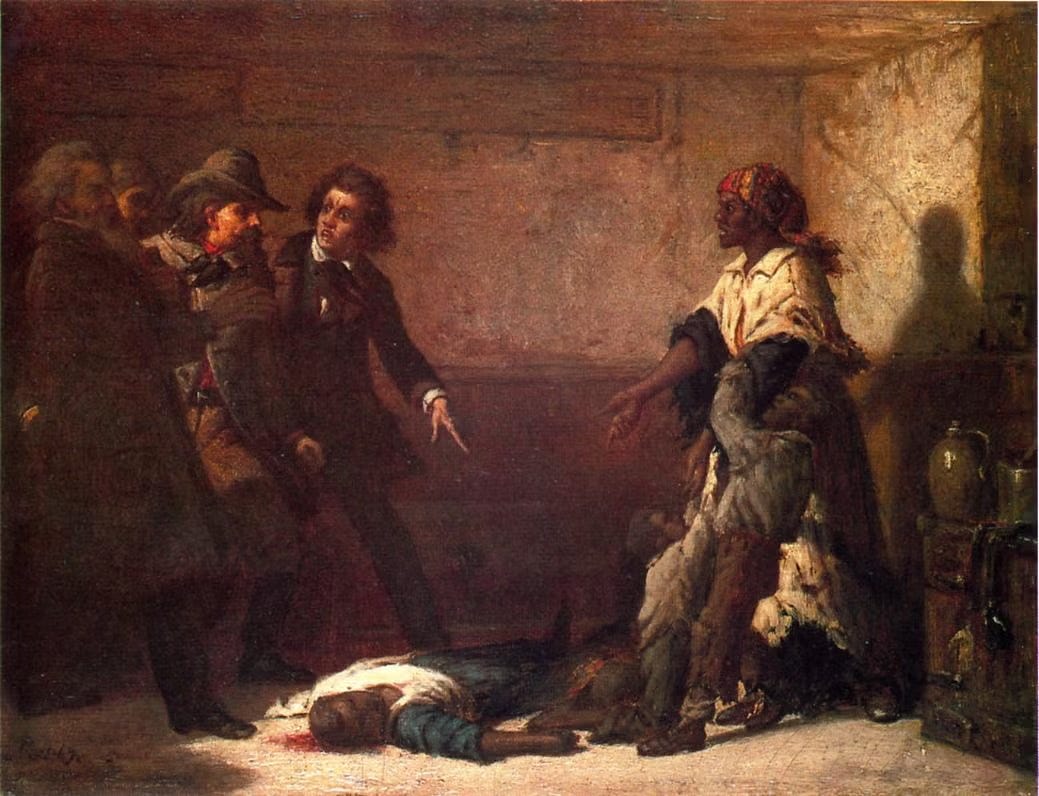


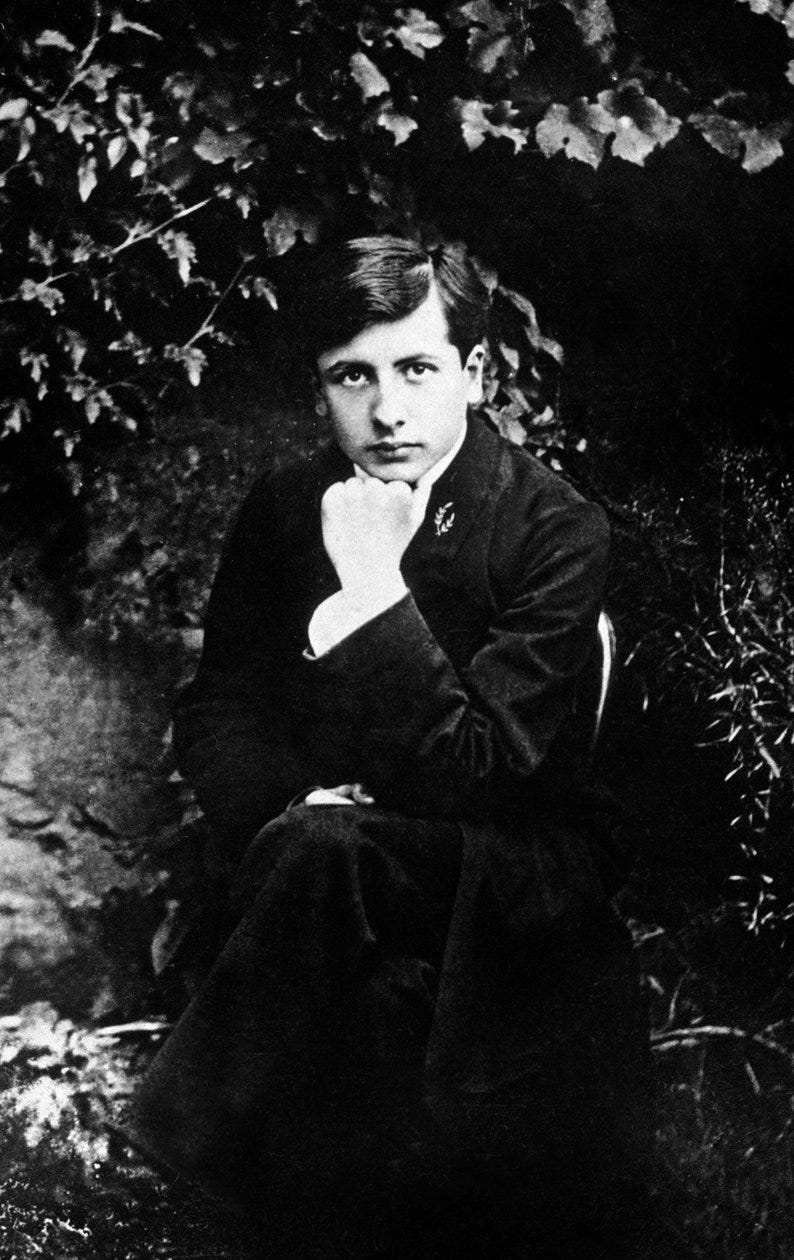
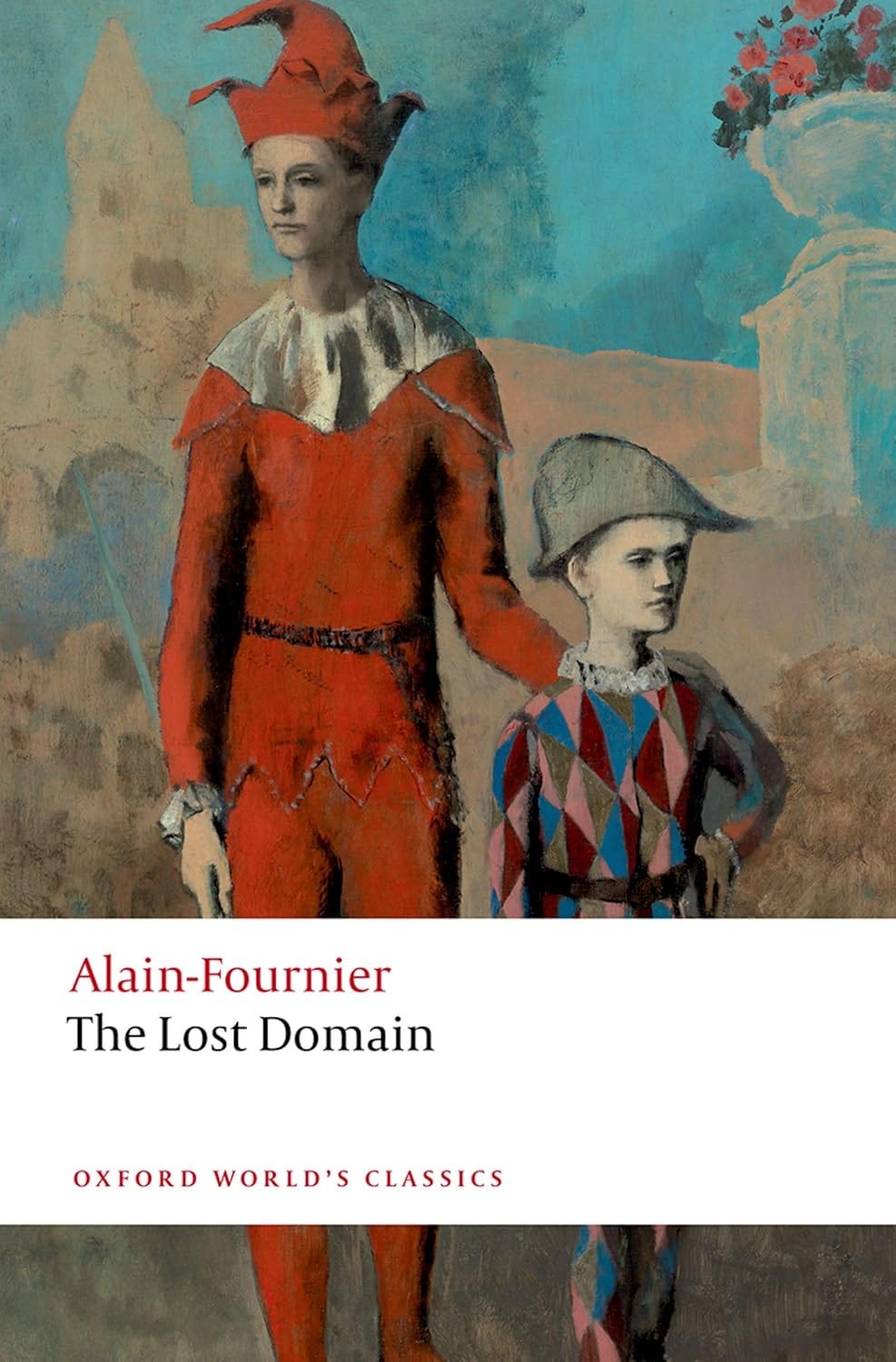

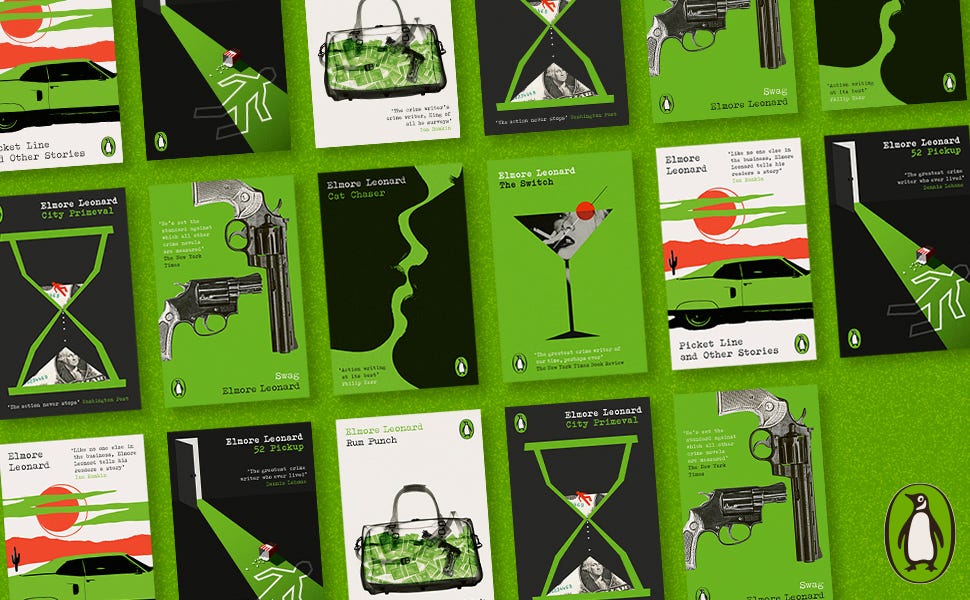
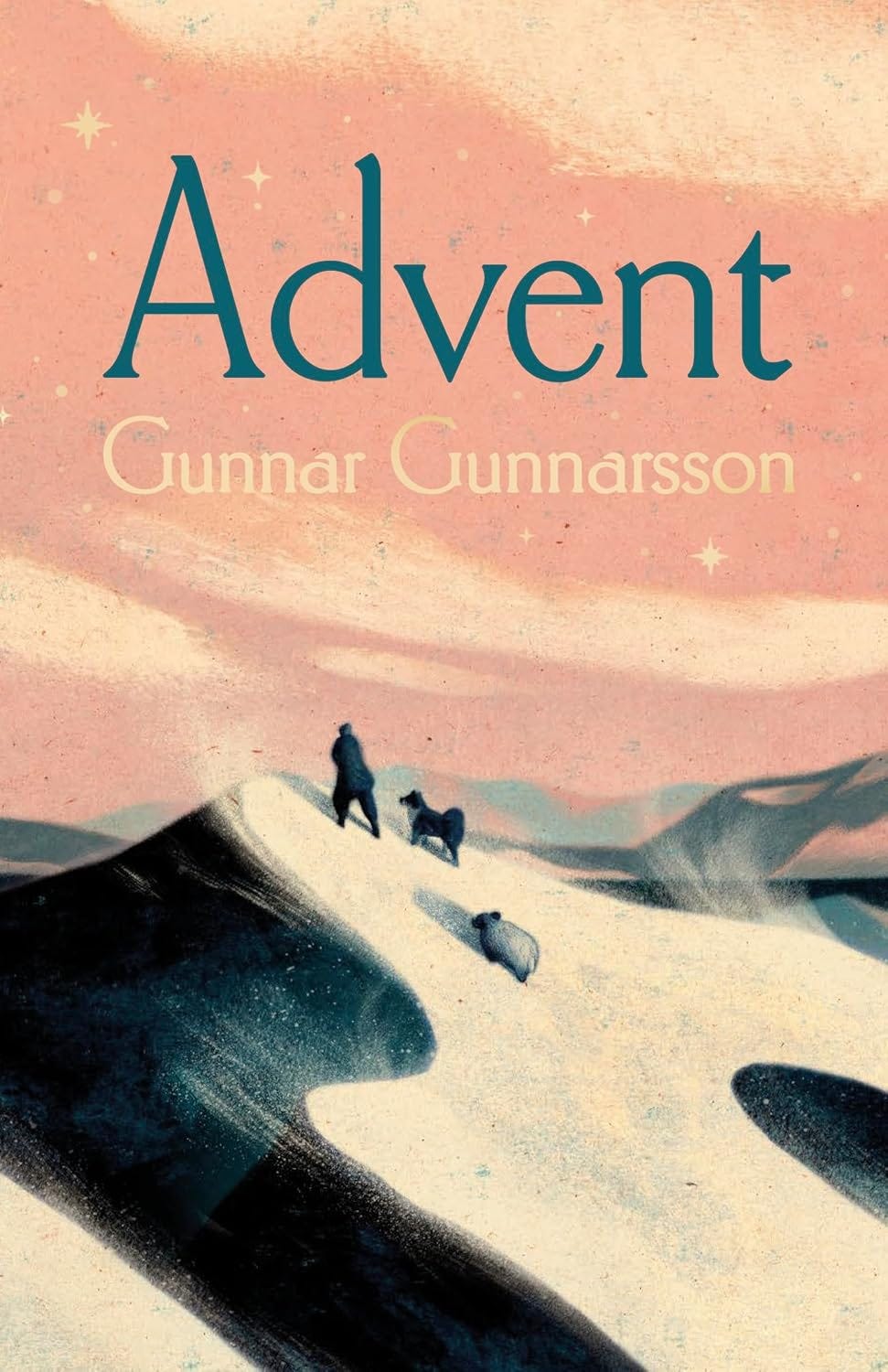
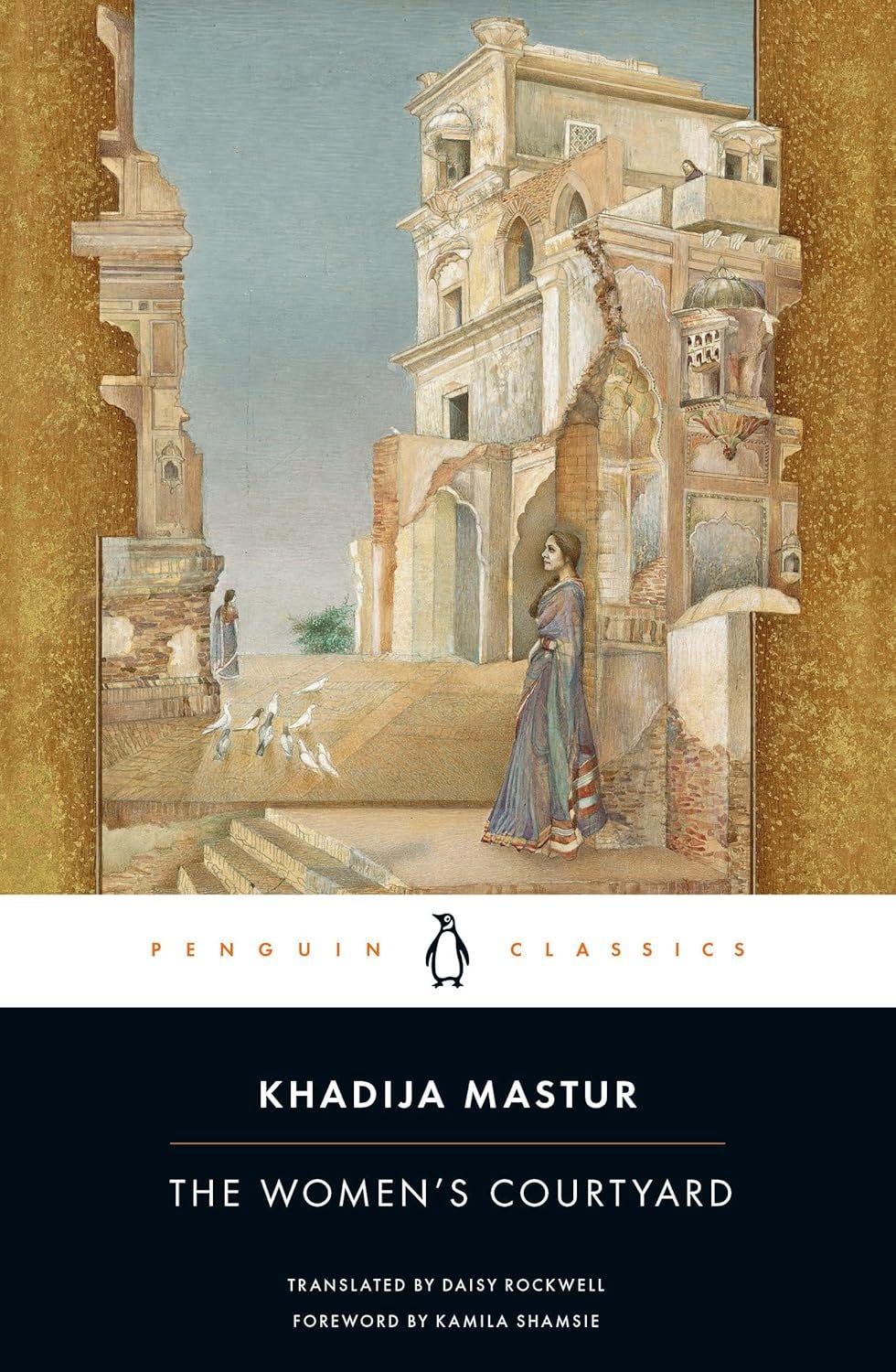
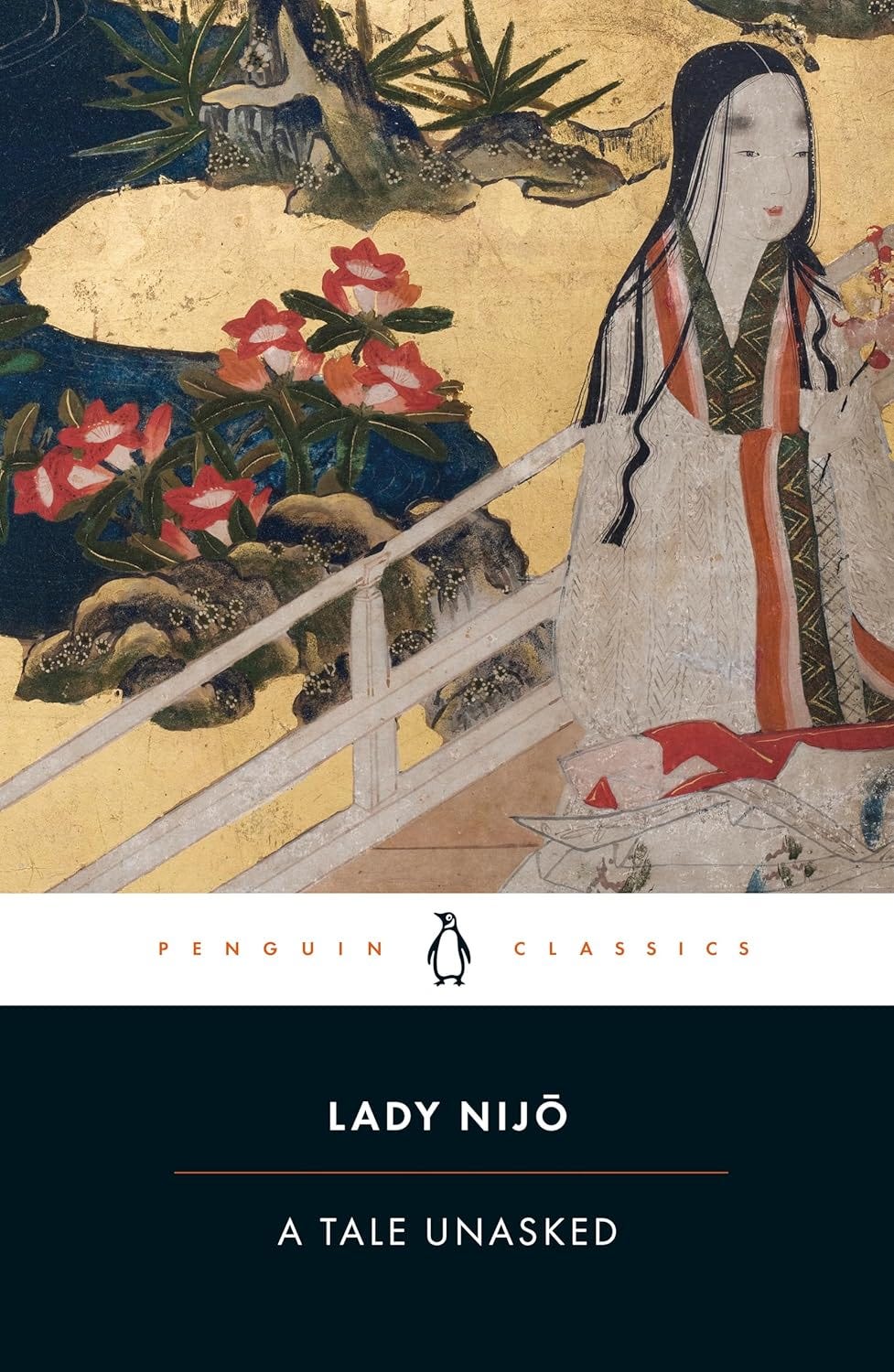
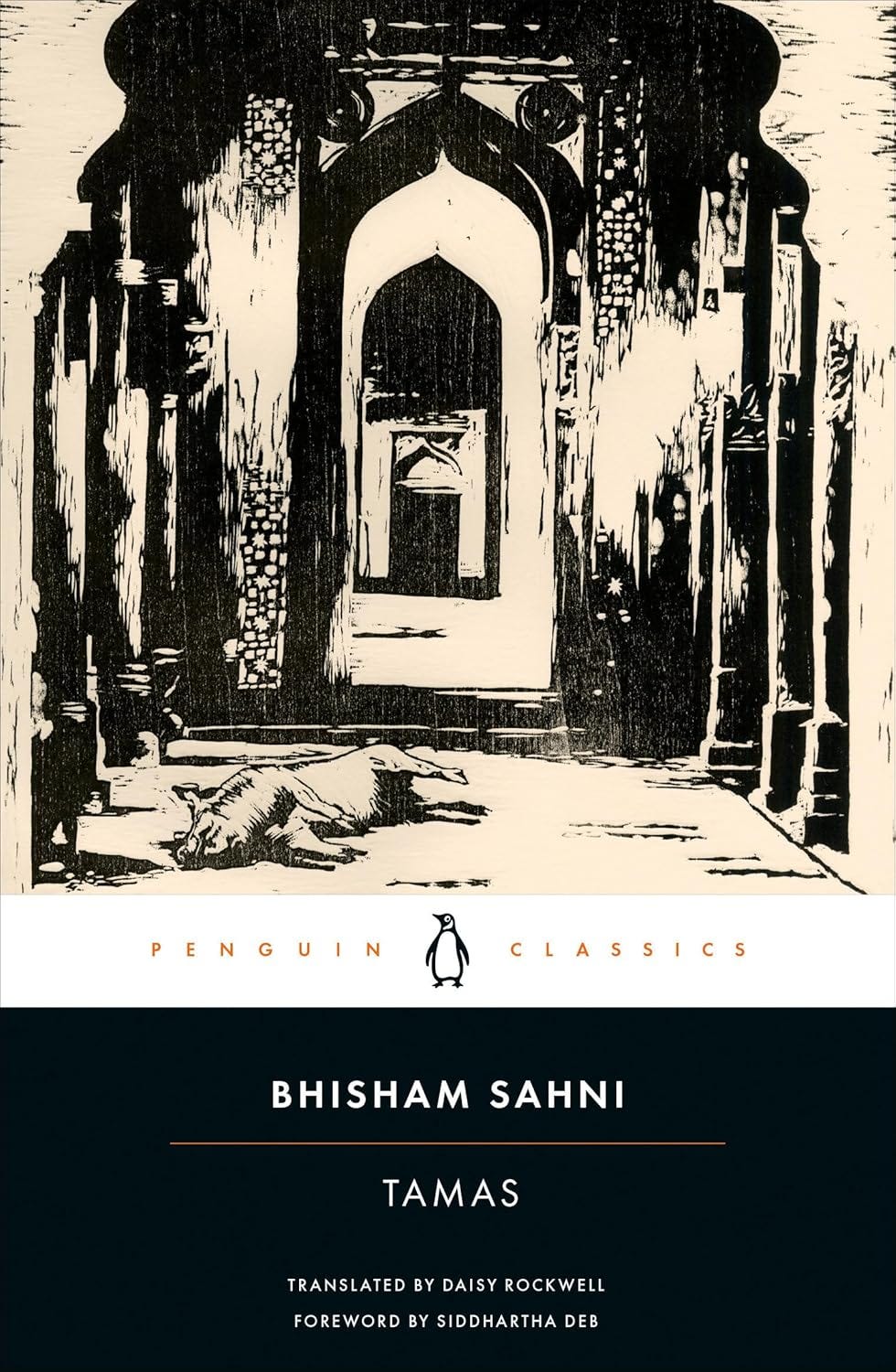
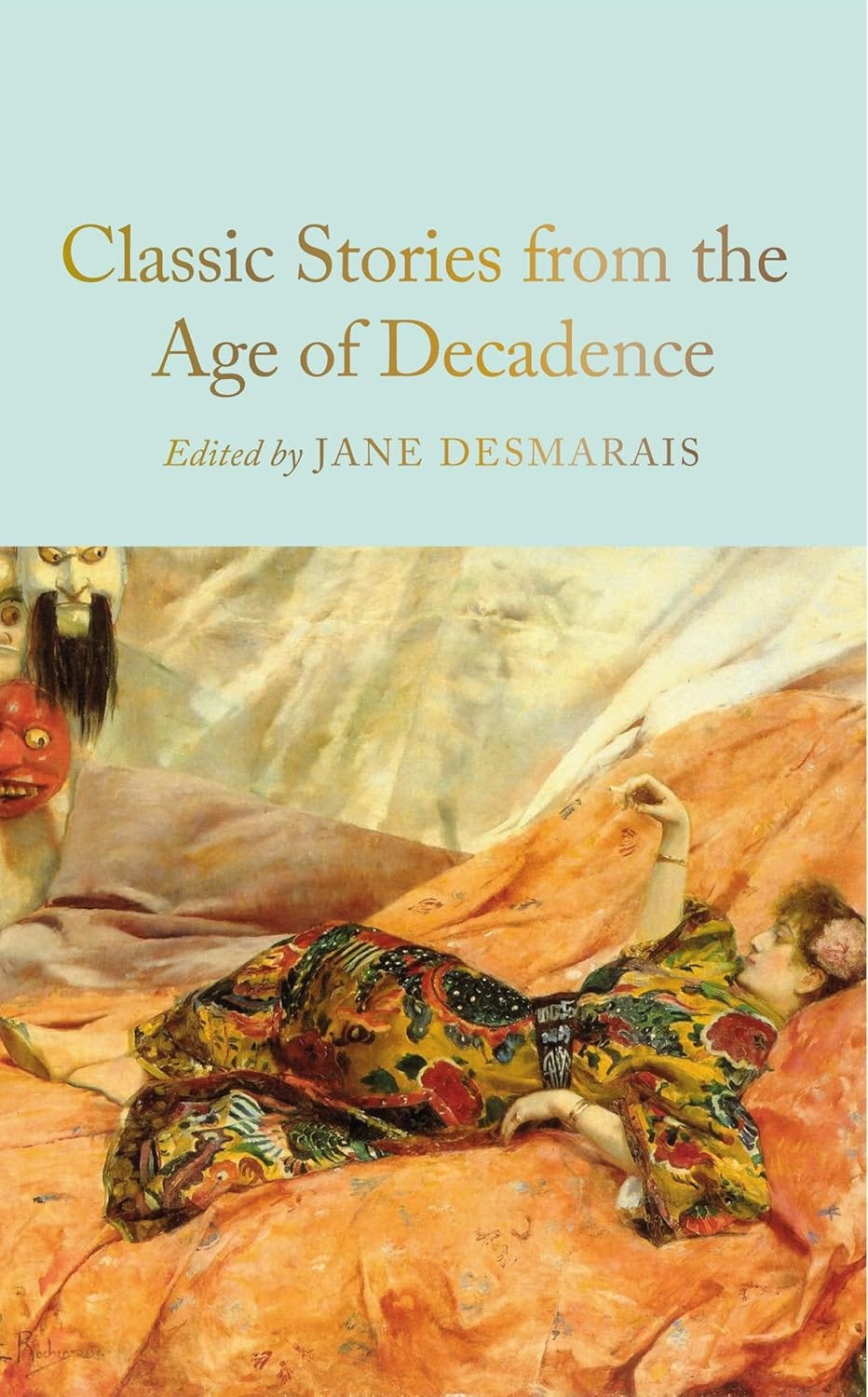


Off we go with the first section of ‘The Beloved’. I had never heard of Toni Morrison until this book was given as a read along. The background notes about her intrigue me - she sounds like a very resilient, committed woman. Just the sort of person I enjoy talking to. I’m reading the book on a kindle, and starting tonight in the midst of Storm Amy. Looking forward to reading the book - it’s different to the kind of thing that I would normally choose. Jayne H.
I'm getting my hands on A Tale Unasked - thank you!
Beloved isn't one of my favorites from Morrison. I wrote my first master's thesis on The Bluest Eye, and I love love love Jazz (so underrated!). Her work is soul-wrenching and mind-blowing - the time I spent studying her in college was such an emotional ride.